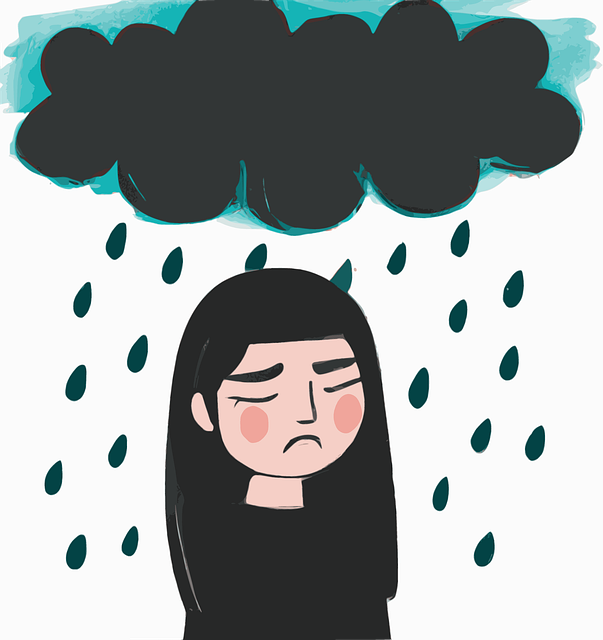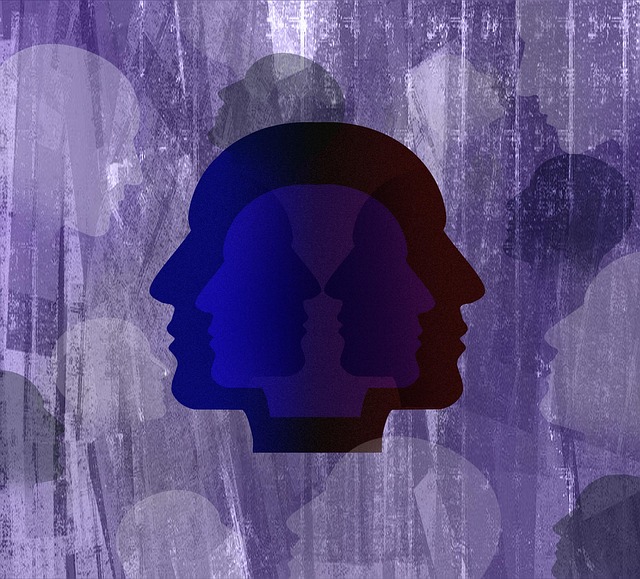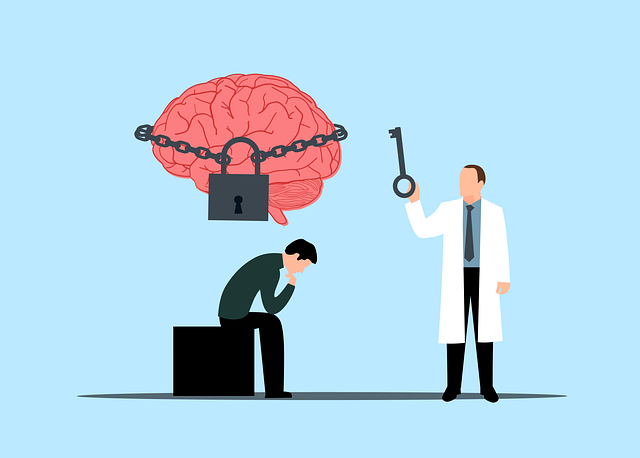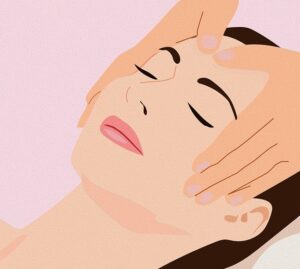Depressive disorders require professional diagnosis and treatment from qualified mental health specialists, known as depression therapists. These experts employ diverse therapeutic approaches like CBT, IPT, and MBCT to address symptoms. Beyond talk therapy, they offer personalized plans combining medication with psychotherapy for comprehensive care. Building a strong therapist-client alliance and practicing self-care significantly enhances recovery. Choosing the right depression therapists involves considering expertise, comfort, trust, and alignment with individual needs and goals.
Depressive disorders affect millions, yet understanding their complexities is crucial. This comprehensive guide explores psychotherapy as a powerful tool for managing depression. From recognizing symptoms and diagnosis to various therapy approaches, including Cognitive Behavioral Therapy (CBT) and more, we delve into the essential role of depression therapists. Learn about building trust with your therapist, self-care practices, medication integration, and finding the right fit for your healing journey. Discover how psychotherapy can bring light back into your life.
Understanding Depressive Disorders: Symptoms and Diagnosis

Depressive disorders are a group of conditions that significantly impact an individual’s mood, thoughts, and behaviors. It is characterized by persistent feelings of sadness, loss, or anger that interfere with daily functioning. Symptoms can include changes in appetite, sleep disturbances, fatigue, difficulty concentrating, feelings of worthlessness, and recurrent thoughts of death or suicide. Recognizing these signs is crucial for seeking appropriate help from depression therapists.
Diagnosis typically involves a comprehensive evaluation by qualified mental health professionals, such as psychiatrists or clinical psychologists. They employ standardized tools like diagnostic interviews and assessment questionnaires to identify specific types of depressive disorders, including major depressive disorder, persistent depressive disorder (dysthymia), and seasonal affective disorder (SAD). Accurate diagnosis is essential for tailoring effective treatment plans involving psychotherapy, medication, or a combination of both, as recommended by depression therapists.
The Role of Depression Therapists in Treatment

Depression therapists play a pivotal role in helping individuals navigate and overcome depressive disorders. They are trained professionals who employ various therapeutic techniques to support clients’ mental health and well-being. Through one-on-one sessions, these therapists create a safe and non-judgmental space, fostering open communication and encouraging self-reflection. By listening actively and offering empathy, they help patients explore the underlying causes of their depression, whether it’s related to past traumas, life stressors, or chemical imbalances.
The expertise of depression therapists extends beyond diagnosis. They guide clients through personalized treatment plans, incorporating evidence-based practices such as cognitive-behavioural therapy (CBT), mindfulness techniques, and interpersonal therapy. These strategies aim to challenge negative thought patterns, promote healthy coping mechanisms, and enhance social connections, ultimately leading to sustained improvements in mood and overall functioning. Depression therapists also play a crucial role in monitoring progress, adjusting treatment as needed, and providing ongoing support throughout the recovery journey.
Common Therapy Approaches for Depression

Depression therapists employ a range of effective therapy approaches to help individuals manage and overcome depressive disorders. One widely recognized method is Cognitive Behavioral Therapy (CBT), which focuses on identifying and changing negative thought patterns and behaviors contributing to depression. CBT equips patients with practical tools to challenge distorted thinking, improve mood regulation, and enhance overall well-being.
Another popular therapy type is Interpersonal Therapy (IPT), tailored to help individuals navigate relationships and social situations that might be exacerbating their depression. IPT assists clients in improving communication skills, resolving interpersonal conflicts, and building a stronger support network, which can significantly alleviate depressive symptoms. Additionally, Mindfulness-Based Cognitive Therapy (MBCT) combines cognitive techniques with mindfulness exercises, helping patients develop a non-judgmental awareness of their thoughts and emotions to prevent relapse.
Cognitive Behavioral Therapy (CBT): A Step-by-Step Guide

Cognitive Behavioral Therapy (CBT) is a structured and goal-oriented approach that helps individuals identify and change negative thought patterns and behaviors contributing to depression. This therapy involves several key steps. First, therapists assist clients in understanding their depressive symptoms and exploring underlying beliefs and thoughts. Through this process, they learn to recognize distorted thinking, such as all-or-nothing reasoning or catastrophizing.
Next, CBT focuses on challenging these negative thought patterns by replacing them with more realistic and balanced ones. This involves learning coping strategies, like problem-solving skills and stress management techniques. Throughout therapy, depression therapists guide individuals through practice exercises, helping them apply these new skills in real-life situations. Gradually, clients develop healthier ways of thinking and behaving, leading to improved mood and overall well-being.
Other Effective Therapy Types for Depression

When it comes to addressing depressive disorders, psychotherapy stands as a powerful tool in the arsenal of depression therapists. However, it’s important to recognize that different approaches resonate with different individuals. Besides traditional talk therapy, several other effective therapy types have proven beneficial for managing depression. For instance, cognitive-behavioural therapy (CBT) focuses on identifying and altering negative thought patterns and behaviours, helping individuals challenge and replace unhelpful beliefs with more realistic and adaptive ones.
Another notable method is interpersonal psychotherapy (IPT), which centers on improving communication skills and strengthening relationships. This approach addresses issues related to social isolation or conflicts in personal relationships, factors that can significantly contribute to depressive episodes. Additionally, mindfulness-based cognitive therapy (MBCT) integrates mindfulness practices with CBT techniques to help individuals develop a non-judgmental awareness of their thoughts and emotions, fostering resilience against depressive symptoms.
Building a Therapeutic Alliance with Your Therapist

Building a strong therapeutic alliance is a cornerstone in the journey towards overcoming depressive disorders. This relationship between you and your depression therapist is a collaborative partnership, where open and honest communication becomes the foundation for progress. It involves trust, mutual respect, and a shared commitment to the process of healing.
When working with a therapist, it’s essential to feel heard, understood, and supported. They provide a safe space for you to explore your thoughts and emotions without judgment. This alliance encourages vulnerability, allowing you to delve into the complex nature of depression. Through regular sessions, you’ll learn coping strategies, gain new perspectives, and gradually build resilience, all while navigating this therapeutic partnership together.
Self-Care Practices to Support Psychotherapy

In addition to regular sessions with a depression therapist, incorporating self-care practices can significantly enhance the effectiveness of psychotherapy. Engaging in daily activities that nurture physical and mental well-being is crucial for managing depressive disorders. This includes maintaining a consistent sleep schedule, as proper rest is essential for emotional regulation. Additionally, regular exercise releases endorphins, which can boost mood and reduce symptoms of depression.
Mindful practices such as meditation or deep breathing exercises can help individuals manage stress and gain a deeper sense of self-awareness. These techniques teach individuals to stay present, focus on their breath, and observe thoughts without judgment—skills that can be applied during therapy sessions and in daily life. Furthermore, setting achievable goals, practicing gratitude, and connecting with supportive networks are valuable self-care strategies that foster resilience and promote positive mental health alongside psychotherapy for depression therapists.
Medication and Psychotherapy: Working Together

Depression therapy often involves a combination of medication and psychotherapy, as these two approaches work synergistically to address depressive disorders effectively. While antidepressant medications can help balance brain chemicals and alleviate symptoms, therapy provides individuals with essential tools to manage their condition in the long term. Depression therapists assist clients in identifying negative thought patterns and developing healthier coping strategies, fostering resilience against future depressive episodes.
The integration of medication and psychotherapy allows for a more comprehensive treatment plan. Medication may provide rapid relief from severe symptoms, while therapy delves deeper into the underlying causes of depression, empowering individuals to make lasting changes. Many depression therapists tailor their approaches to suit individual needs, combining various therapeutic techniques, such as cognitive-behavioural therapy (CBT), interpersonal psychotherapy (IPT), or psychodynamic therapy, with medication management for optimal results.
Finding the Right Depression Therapist for You

Choosing the right depression therapist is a crucial step in your journey towards recovery. It’s essential to find someone with whom you feel comfortable and who understands your unique needs. Consider researching therapists who specialize in depressive disorders, as they’ll have extensive experience in this area. Look for credentials, such as licensed professionals with degrees in psychology or psychiatry, as this ensures quality care.
Don’t hesitate to ask about their therapeutic approaches, previous experiences treating depression, and the types of treatments they offer. It’s also helpful to inquire about fees, insurance coverage, and scheduling flexibility. The right therapist will create a safe, non-judgmental space for you to open up and work through your emotions, so take your time in selecting one who aligns with your goals and preferences.
